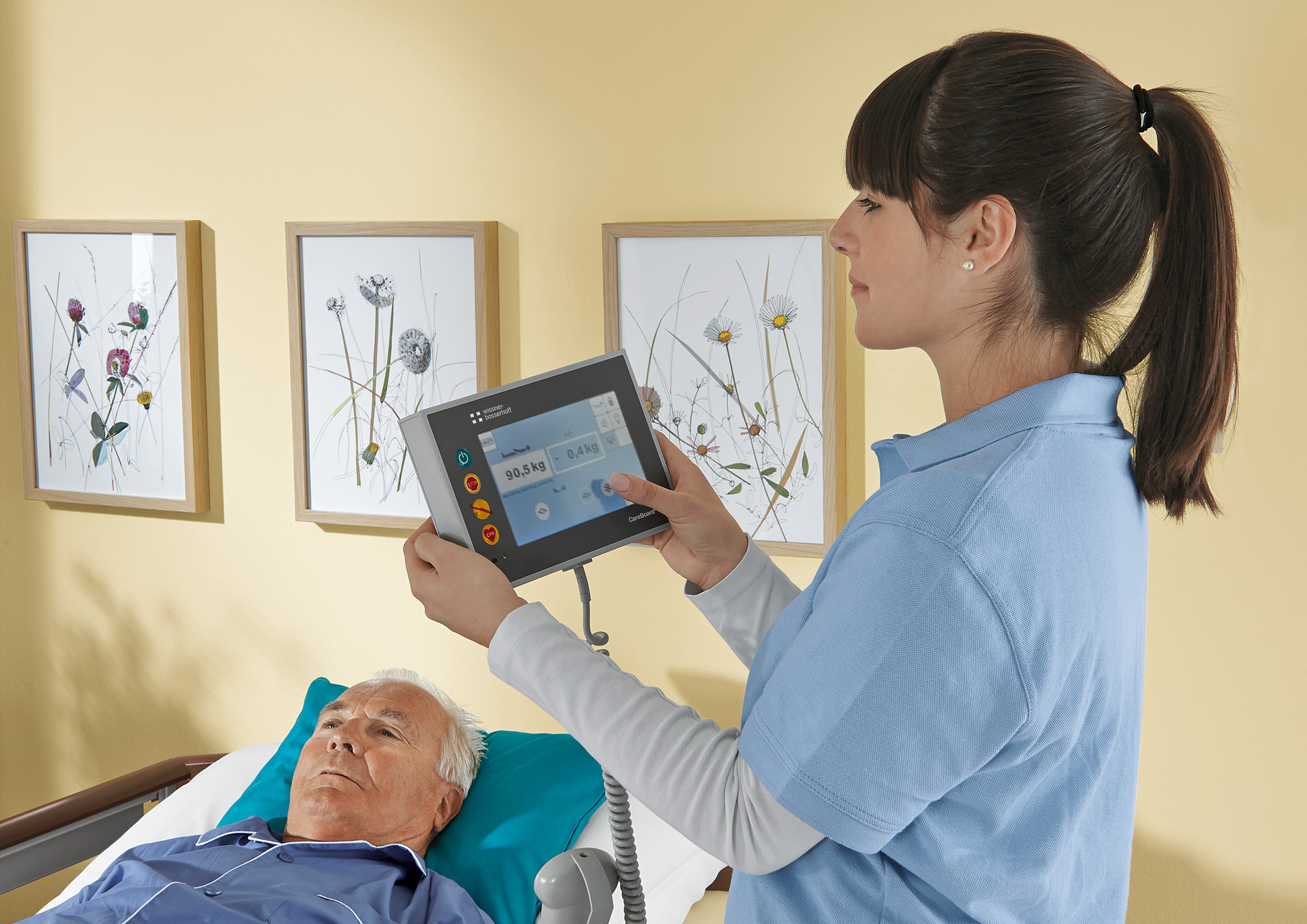Due to demographic change, the use of digital technologies will play an important role in the future in order to ensure good care and to relieve the burden on caregivers. But what is the acceptance of such a technology deployment? This has been examined by the Center for Quality (ZQP).
In a representative survey with 1,000 participants, the ZQP examined how the German population rates digital applications in nursing. Accordingly, the majority of the population seems to be open to the use of digital technology in the context of care. Almost two-thirds (64 percent) of respondents see this as more of a chance, while a quarter (25 percent) outweigh the risks. 84 percent also consider digital applications to be useful for caregivers to work, and after all, 74 percent believe that people in need of care could lead a more self-determined life through technical support systems.
„Technological potentials are often misunderstood – in some debates irrational fears are fueled. Among other things, technology offers the opportunity to relieve caregivers of routine tasks, to simplify processes in order to allow more time for the people in need of care, and to increase patient safety. Our survey shows that most people do not reject digital aids in nursing, „says dr. Ralf Suhr, CEO of ZQP.
The study also provides pointers on how concrete applications of digital applications in nursing can be assessed in detail. For example, in the field of „technical applications in the home environment,“ the approval rating of 74 percent for a video-based communication system that allows people in need of care to contact their helpers is up to 93 percent for a smoke detector with a cooker shutdown. In addition, the potential use of mature „robots to support people in need of care“ is also rated as positive.
This article was kindly provided by the editors of the magazine Altenheim. Many Thanks!


